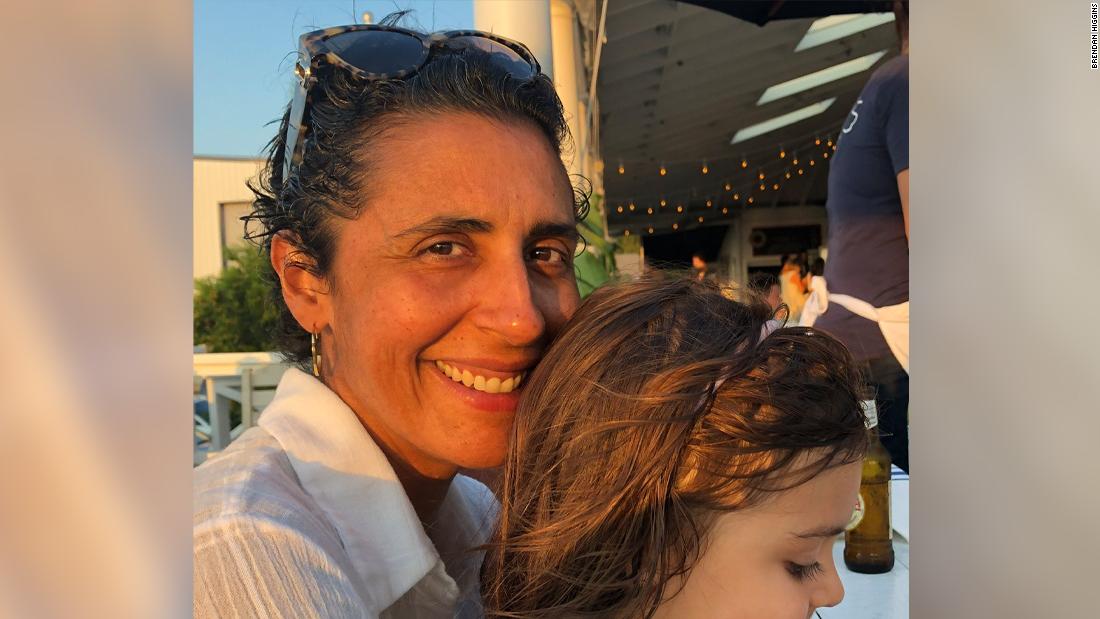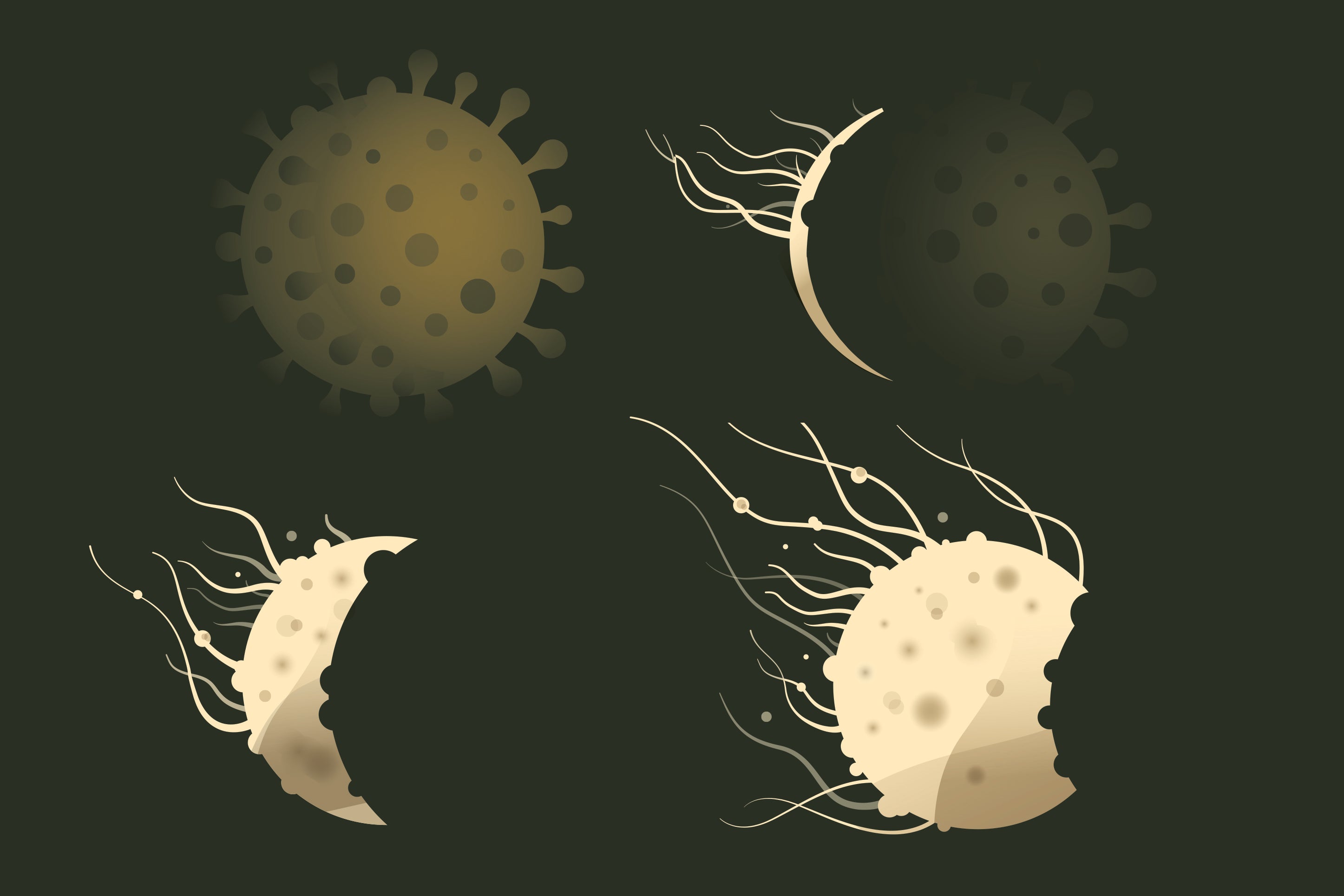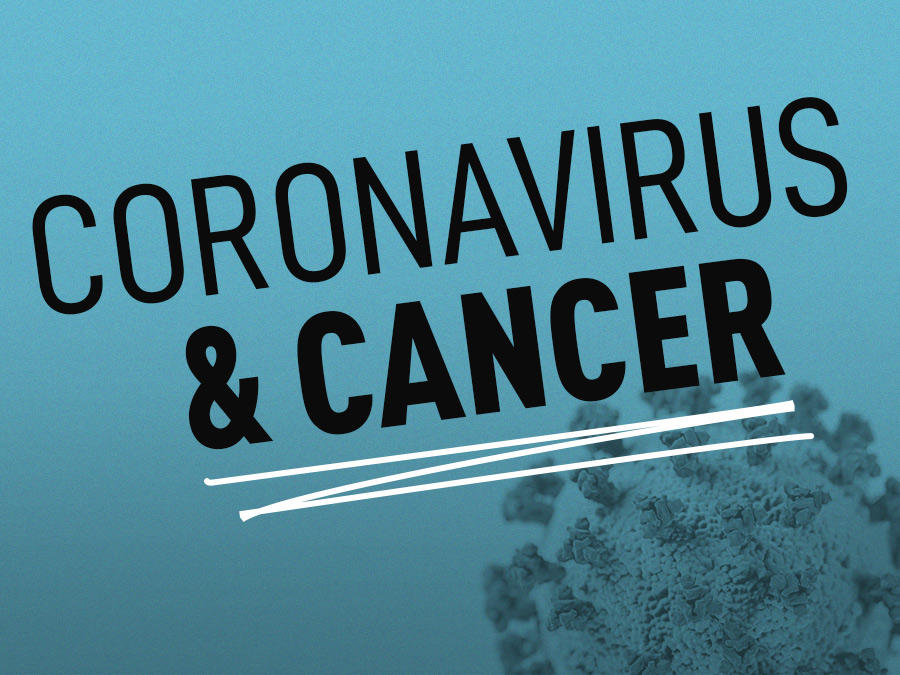By the time doctors found it, dos Reis Nunes' colon cancer had spread. It was stage 4, meaning it had reached other parts of her body.
The family was blindsided.
"She had had a baby 15 months prior to her diagnosis, so she'd had a million blood tests, you know, care from doctors and sonograms ... and there was no indication of anything, nothing whatsoever."
When cancer strikes an adult under the age of 50, doctors call it an early-onset case. These cancers at younger ages are becoming more common.
A new review of cancer registry records from 44 countries found that the incidence of early-onset cancers is rising rapidly for colorectal and 13 other types of cancers, many of which affect the digestive system, and this increase is happening across many middle- and high-income nations.
The review's authors say the upswing in younger adults in happening in part because of more sensitive testing for some cancer types, such as thyroid cancer. But testing doesn't completely account for the trend, says co-author Shuji Ogino, a professor of pathology at the Harvard T.H. Chan School of Public Health.
Ogino says the spike is due to an unhealthy stew of risk factors that are probably working together, some which are known and others that need to be investigated.
He notes that many of these risks have established links to cancer like obesity, inactivity, diabetes, alcohol, smoking, environmental pollution and Western diets high in red meat and added sugars, not to mention shift work and lack of sleep.

 !
!

